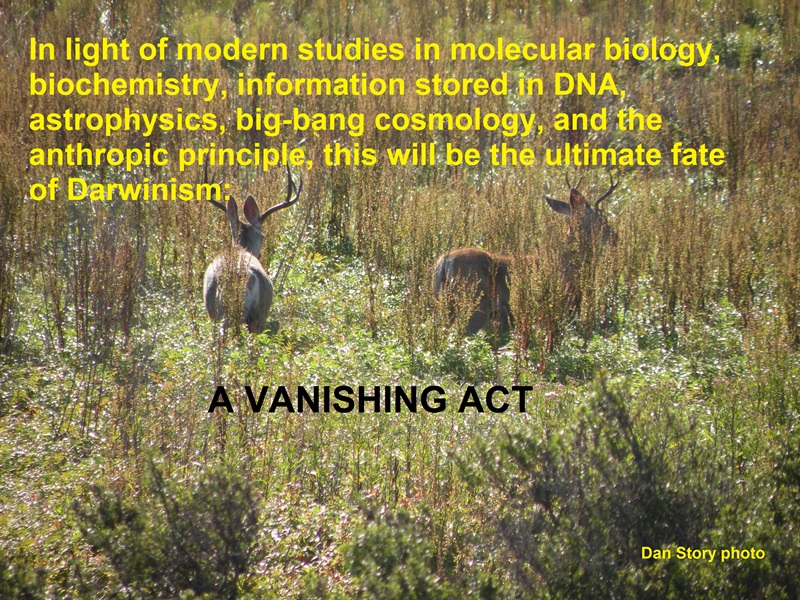
Part Five: Can Science Prove Religious Beliefs Are Fiction and Only Science Is Factual?
In my previous blog post, before my annual Christmas break, I explained that the foundational assumption of modern science is the philosophy of Scientism, which alleges all spiritual truth-claims are merely personal feelings, experiences, and values—beliefs based entirely on subjective faith. Science, on the other hand, allegedly, is objective knowledge attained by impartial fact-finding. Therefore, only science can determine what is true.
This claim is egregiously false and unsubstantiated. The fact is, modern science has nothing to say about spiritual truths—or any other nonscientific topic. There are (at least) three responses that refute the assumption that only science can determine what is true or false. The first two responses are below; next week’s blog will explain the third response.
- Scientism Is Self-refuting
Scientism is self-refuting because it falsifies itself. Its claims that nothing can be considered truthful unless it passes through the filter of scientific testing. But this is not a scientific statement at all. It’s a philosophical assumption that imposes its own definition of what can be regarded as factual or fiction. Thus, Scientism can be rejected by its own tenets because it can’t be proven scientifically; that is, it can’t be tested or verified by the Scientific Method. It dies the death of inconsistency.
- Scientific Knowledge Is Limited in Scope
Scientism’s claim that nothing can be considered factual unless it passes scientific scrutiny is erroneous for a second reason. The fact is, modern science is incapable of proving anything outside of scientific matters. To prove something scientifically, according to the Scientific Method, one must be able to test it, observe the results, repeat the experiment, and come up with the same conclusions each time. But this kind of test cannot be applied to nonscientific matters, including religious truth-claims. Indeed, science routinely makes assumptions not derived from empirical observations. For example, strictly speaking, no one has observed electrons, quarks, quantum particles, black holes, etc. They are inferred from other studies, yet virtually everyone agrees they are factual phenomena.
There are many areas of truth and knowledge not open to scientific verification. Can observation and experimentation be applied when investigating historical matters? No—yet historical facts exist. Can observation and experimentation determine guilt or innocence in a crime? No—legal reasoning and eyewitness testimony are called for. Can aesthetics (the reality of beauty), ethics (moral behavior), and philosophical assertions be tested scientifically? Of course not. Yet, people agree such truths are valid. More importantly, for our purposes, science has no way to prove or disprove the worldwide phenomenon of spiritual realities. Only God can impart such truths and knowledge. ©
Next week’s blog post will demonstrate how Christians can prove Christian truths-claims are factual by applying the same methodology for determining truth used in history, law, everyday life, and even science.
Good points. waiting for next week!
Thanks, Elaine!